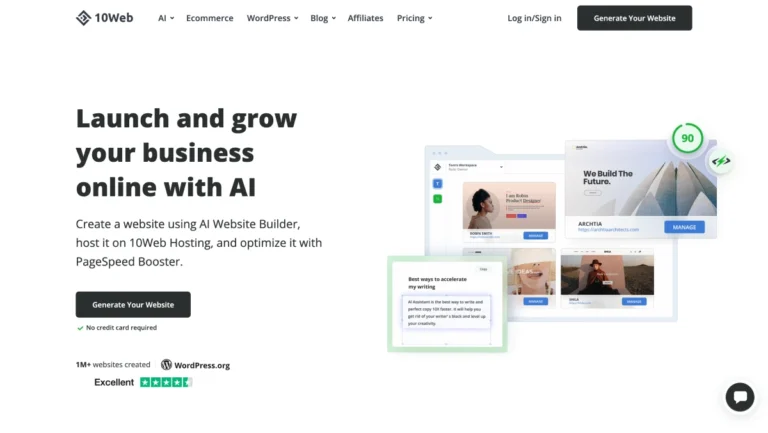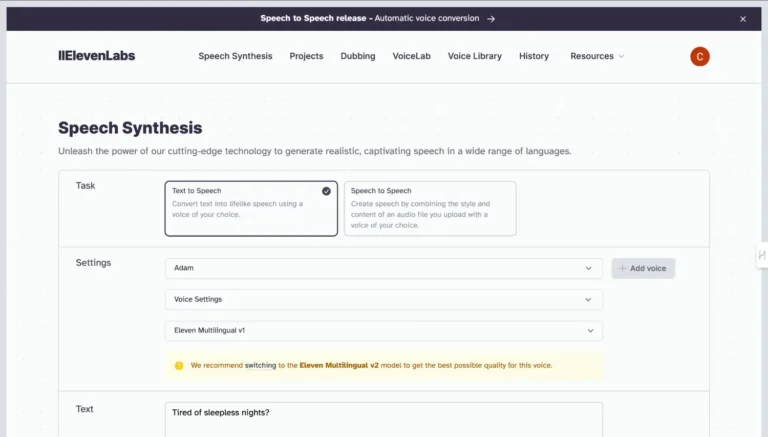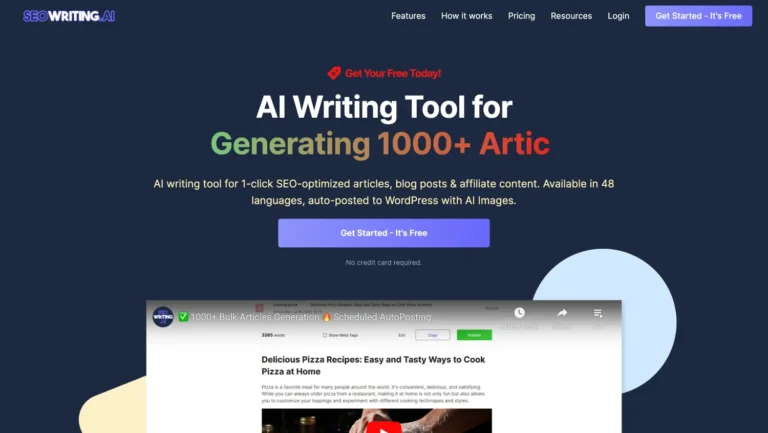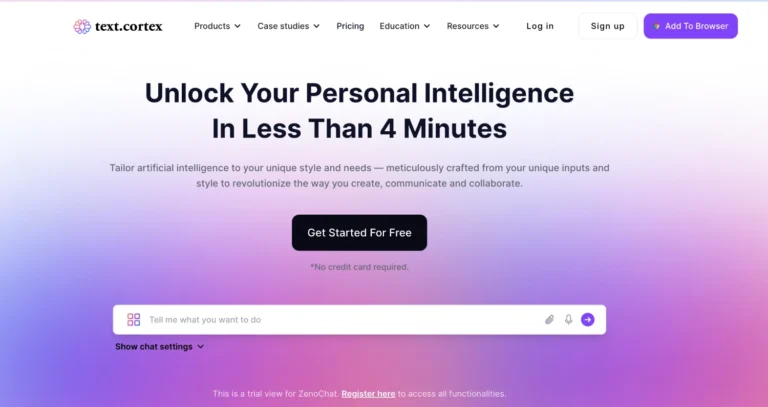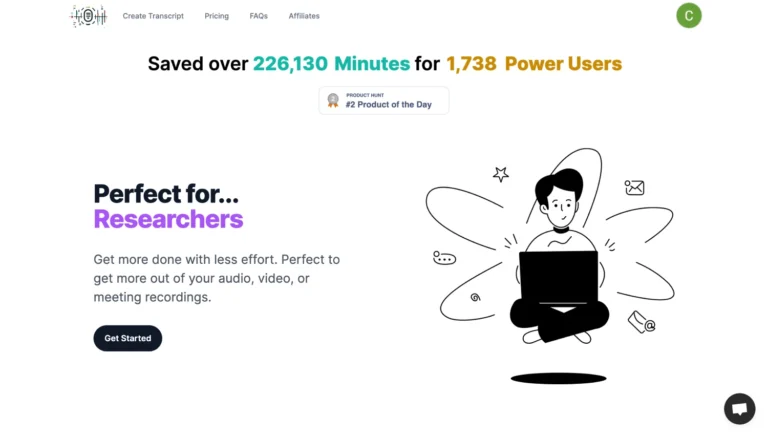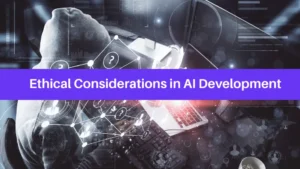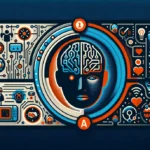Table of Contents
Understanding the AI Platform Boom
Who wouldn’t want a crystal ball to predict the future? Well, AI Platforms are as close as it gets. The explosion in Artificial Intelligence platforms can be attributed to an increase in the power and accessibility of machine learning algorithms, which are the engines propelling AI forward. These platforms are instrumental in handling vast amounts of data and convert it into analytical insights, helping businesses make informed decisions.
It’s all about the power of Prediction. Imagine having the ability to accurately predict your customers’ buying habits or forecast inventory demands. AI platforms are making this possible with their predictive modelling capabilities, which means more accuracy, less guesswork, and ultimately, more profit for businesses.
But it’s not just predictions that are fuelling this boom. There’s also the allure of automation. Automation – the cornerstone of modern production and organization – is now being supercharged by AI platforms. They’re streamlining processes and operations, thereby increasing efficiency and saving costs. From customer service bots to automated email responders, AI is reshaping the very nature of work.
AI platforms are being heralded as the next revolution in productivity, stimulating a wave of innovation across multiple industries.
In the proverbial toolbox of a modern business, AI platforms are becoming an essential instrument. Despite the complexity that AI brings, these platforms have been designed with user-friendliness in mind. By using APIs and pre-built modules, even those without a strong background in programming or data science can harness the power of AI.
| Benefits of AI platforms |
|---|
| Efficient handling of data |
| Predictive modelling capability |
| Automation of routine tasks |
| User-friendly interfaces |
All these factors combined – the power of prediction, automation, and user-friendliness, are donating to the accelerating adoption and expansion of AI platforms. It’s an exciting time to be part of this digital revolution. And it’s only expected to grow, as more and more businesses realize the value of incorporating AI into their strategies.
To sum it up, the AI platform boom is redefining the boundaries of what’s possible in business. We’re entering a new era where decisions are driven by predictive insights, operations are optimized for maximum efficiency, and businesses are more equipped than ever to navigate the sophisticated landscape of the digital era.
The Evolution of AI Platforms
Tracing the roots of the AI platform evolution paints a picture of a rapid and relentless movement, constantly spiraling upwards. During the primitive years, AI was largely restricted to theoretical concepts and over-optimistic science fiction tales. As technology advanced, however, the abstract idea began to solidify into something tangible, promising, and immensely transformational.
Early applications of AI manifested in the form of simple, rule-based systems. These rudimentary implementations were built to accomplish specific tasks, following a stringent set of guidelines. The ‘intelligence,’ so to speak, was limited and inflexible, lacking the adaptability and versatility synonymous with contemporary AI platforms.
With the progression of computer science and the emergence of Machine Learning (ML) in the 1980s and 90s, AI systems saw a sea change. They transformed from rigid, rule-based systems into self-learning algorithms capable of adapting and improving. The change wasn’t instant, but it marked the beginning of AI’s movement towards autonomy and self-reliance.
Parallel to these developments was the data explosion at the turn of the 21st century. Suddenly, there was a rich reservoir of information, and AI systems needed to tap into this data deluge. This led to the birth of Data Mining – the practice of sifting through vast data sets to uncover patterns, correlations, and insights. Machine Learning found a fertile ground in Data Mining, empowering AI platforms with the capacity to ingest, process, and learn from an unprecedented volume of information.
Technological advances in hardware, parallel computing, and an ever-increasing digitization spurred the growth of AI platforms. The rise of the internet and the digitization era persuaded businesses to adopt AI platforms. This led to a surge in AI research and development, resulting in the advent of game-changing technologies like Deep Learning, which took AI capabilities to a whole new level.
At this juncture in the 21st century, AI platforms are nothing short of breathtaking. With innovations like reinforcement learning, natural language processing, and neural networks, these platforms are now capable of performing tasks that were once considered exclusively human terrain. From recognizing patterns in copious amounts of data to understanding and replicating human language, the evolution of AI Platforms has been nothing short of phenomenal.
While we’ve come a long way from the inception of AI, the journey has just begun. The sheer pace of advancements in the realm of AI platforms makes it clear – we are on the brink of more revolutionary changes. As AI continues to evolve, so does its potential to facilitate growth and transformation.
The Rise of AI Platform Adoption
Imagine a world where technology understands, learns, and adapts to our goals with precision. Sounds futuristic, right? But guess what – you’re already stepping into this era, with AI platforms becoming a growing part of our lives.
Adoption of AI platforms has been undergoing a rocket-fueled growth lately. According to a report by ResearchAndMarkets.com, the AI Platform market size is expected to grow from USD 29.3 billion in 2019 to USD 126.14 billion by 2025, at a Compound Annual Growth Rate (CAGR) of 28.1% during the forecast period. Now that’s a growth curve worth taking note of!
So why are businesses across sectors leaning into AI platform adoption? The answer is clear: the immense potential these platforms hold to automate tasks, improve accuracy, and increase operational efficiencies.
- Automate Tasks: AI platforms can automate routine, high-volume tasks, freeing staff to focus on more critical, strategic tasks.
- Improve Accuracy: AI platforms use machine learning algorithms to continuously learn and refine their knowledge, improving the accuracy of their tasks over time.
- Increase Operational Efficiencies: By automating tasks and improving accuracy, AI platforms can increase overall operational efficiencies, reducing costs, and improving productivity.
But while the adoption of AI platforms is on the climb, it’s not without its challenges. Data privacy, ethical considerations, and the risk of job displacement are real issues that need addressing. But with right regulations and adaptive organizational change management, these challenges can be successfully navigated.
“The rise of AI does not mean the end of human intelligence, but it does demand a rethinking of how we define and implement that intelligence.” — James Bridle
Moreover, the development of AI also calls for a collaborative approach, where experts from all fields work together to ensure AI technologies are ethical, secure, and benefit all of humanity.
So, as the AI platform adoption keeps scaling up, it’s essential that we embrace the change, learn new skill sets, and stay updated with the latest trends. The rise of AI platform adoption is here, and it’s changing the way we work, play, and live.
AI Platforms: A Game-Changer for Businesses
Imagine a world where timely, relevant insights are just a few clicks away. A world where laborious and complex tasks are simplified, automated and completed in the blink of an eye. Isn’t that something? Well, that’s no longer a pipe dream. Thanks to AI platforms, this is now a reality. Your business too can step into a whole new era of efficiency and productivity. So let’s delve deeper and explore this game-changing technology.
AI platforms, in simplest terms, provide a framework that integrates Artificial Intelligence capabilities into your business processes. Whether it’s about delivering personalized customer experiences, predicting market trends, streamlining operations, or detecting frauds, AI platforms are equipped to handle it all. They are versatile, scalable, and designed to adapt to your unique business needs.
Now, let’s get a bit more technical. AI platforms integrate various components such as Machine Learning, Natural Language Processing, Deep Learning, and others to analyze complex data sets. This goes beyond just mere number-crunching. The AI platform’s true ability is in decoding patterns, unveiling trends, and making intelligent predictions, enabling businesses to not just react but proactively make strategic decisions.
And here’s the real kicker, these AI platforms are no longer limited to the tech-giants or the fortune 500 companies. Start-ups, small and medium-sized businesses are all stepping up their game. AI is no longer a luxury, but a necessity to stay competitive.
Remember this, ‘AI doesn’t replace humans; it empowers them.’ By automating routine tasks, it frees up human resources to focus on more strategic, creative, and decision-making roles. This bodes well for increased productivity, improved efficiencies, and fostering innovation.
While we’re on the topic of automation, let’s consider the digital marketing space. Here, AI platforms are making quite a splash. They are being used for ad targeting, content creation, customer segmentation, and even creating personalized customer journeys. And that’s just scratching the surface. There’s a whole lot more that AI platforms can do.
Okay, we’ve talked quite a bit about what AI platforms can do. But what does it truly mean for your business? In short, it’s a game-changer. It gives businesses, like yours, the competitive edge to stand out and succeed in this fast-paced digital era.
The Role of AI Platforms in Creating Smarter Technologies
You might be wondering, how do AI platforms contribute to creating smarter technologies? These platforms, while providing a foundation for intelligent applications, also contribute to technology’s evolution and advancement. Let’s delve into how they do this.
Training and Developing AI Models
AI platforms help in training and developing AI models to enhance their accuracy. With comprehensive and sophisticated machine learning algorithms in place, AI platforms create optimal models tailored to unique challenges. This capability allows businesses to leverage AI and build smarter technology solutions.
Predictive Analysis
AI platforms are capable of predictive analysis—a feature that significantly drives smarter technologies. By analyzing historical data patterns, these platforms can predict future outcomes. This predictive analysis capability is remarkably useful in various sectors, such as healthcare, where predicting patient conditions can save lives.
Automating Routine Tasks
A key perk of AI platforms is the ability to automate routine tasks efficiently. Technologies enhance their intelligence through learning repetitive tasks and optimizing their speed and quality. Automation reduces human error and increases overall productivity, leading to smarter operations.
Seamless Integration
Another fascinating aspect of AI platforms is their ability to integrate seamlessly with existing systems. This feature creates an interconnected network of smart technologies. By leveraging APIs and connecting different systems, AI platforms can create a harmonious, intelligent technology ecosystem.
In a nutshell, AI platforms are central in developing smarter technologies. They drive innovation by continuously learning and adapting to data patterns to make predictions and automate tasks. As these platforms evolve, we can expect technology to become even smarter, more efficient, and more productive.
AI Platforms: Catalyzing Digital Transformation
Artificial Intelligence platforms are acting as catalysts in the monumental shift towards digital transformation. With purpose-built models and machine learning capabilities, they are effectively helping industries across the world to reimagine and reinvent the way they operate.
Let’s discuss certain distinctive ways AI platforms are assisting in leapfrogging the digital journey:
- Automating Processes: AI platforms enable automation of complex and mundane tasks, thus, increasing efficiency and reducing chances of error. They can be trusted to perform both routine administrative tasks like data entry and complex tasks like predictive data analytics, thus freeing up the valued employees to focus on strategic initiatives.
- Seamless User Experience: Through advanced learning algorithms and Natural Language Processing (NLP), AI platforms can offer tailored interactions that improve customer satisfaction. For instance, AI-powered chatbots are becoming a common sight, providing 24/7 support and personalized service to customers.
- Data-driven Decision Making: AI platforms have the ability to process and analyze large volumes of data, which help businesses make informed strategic decisions. This data-driven approach is significant in gaining a competitive edge in the rapidly evolving market.
- Enhanced Cybersecurity: With increasing threats to data security, AI platforms play a crucial role in cybersecurity. They can proactively identify anomalies and potential threats, and take necessary actions to prevent data breaches.
In essence, AI platforms are accelerating the digital transformation journey, offering improved efficiency, customer-centric UX, and strategic business insights. From healthcare and ecommerce to finance and entertainment, virtually no sector remains untouched by this surge of AI-driven transformation.
1. What is driving the boom in AI platforms?
This largely comes from the rapidly evolving technologies and their broader applications in various sectors. Also, the need for digital transformation in businesses significantly contributes to the boom.
2. How are AI platforms shaping the business landscape?
AI platforms play a pivotal role in informing strategic decisions, streamlining processes, and strengthening customer relationships. By leveraging AI, businesses can predict future trends, deliver personalized experiences, and create a competitive edge.
3. What are some of the applications of AI in emerging technology sectors?
From smart homes and personalization algorithms to speech recognition and autonomous vehicles, AI has a wide range of applications. It’s being used to create more efficient, effective, and accessible technologies.
4. What role do AI platforms play in digital transformation?
AI platforms underpin digital transformation by providing insightful data, automating tasks, improving accuracy, and enhancing customer experiences. As such, they are crucial for businesses striving to adapt to the digital age.
5. How can we expect AI platforms to evolve in the future?
We can anticipate more sophisticated AI models with enhanced learning capabilities, further integration with other technologies, and even more innovative uses across a wide array of sectors. The evolution of AI is far from over and promises to shape our future in unprecedented ways.
Conclusion
As we draw our exploration of AI platforms to a close, there are a few key aspects to take home. The rise of AI platforms isn’t just a fleeting trend, it’s an impactful revolution that is dynamically revitalizing both established industries and emerging sectors. The exponential growth of AI technology equates to a wider array of applications, creating a future where technology is even more intertwined in our lives.

